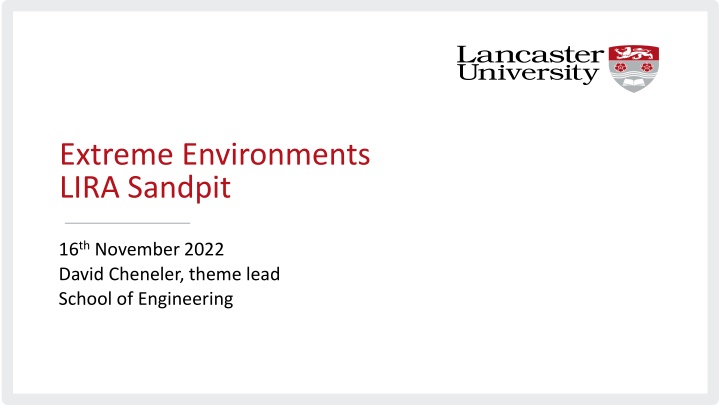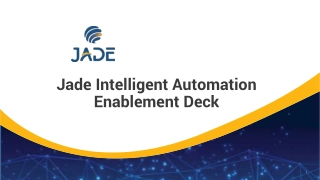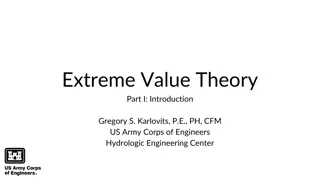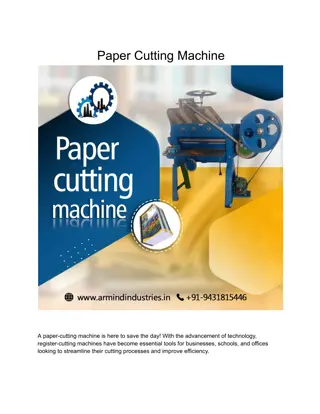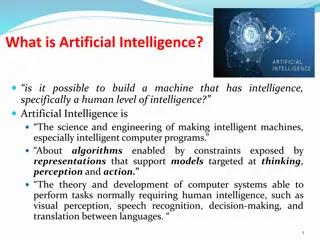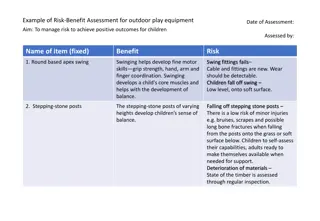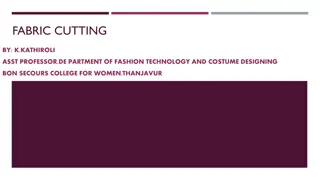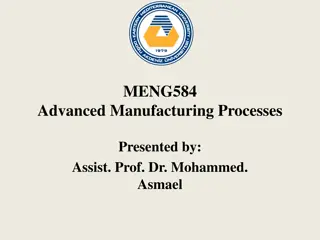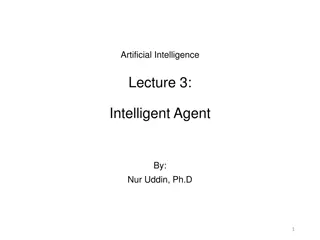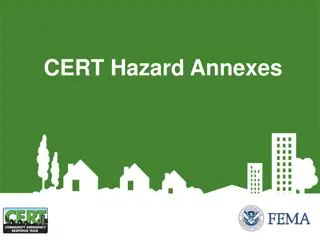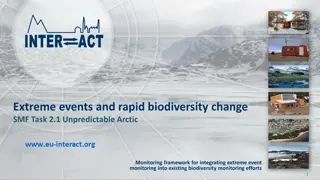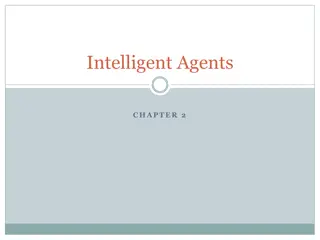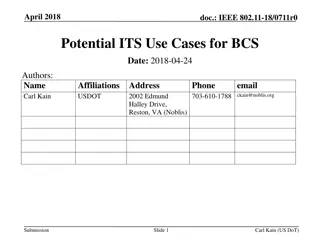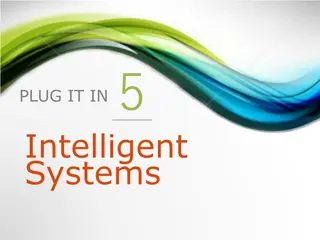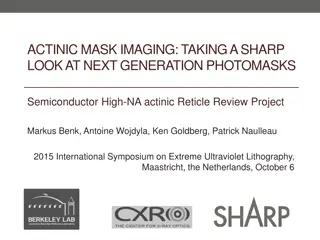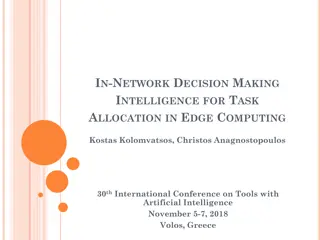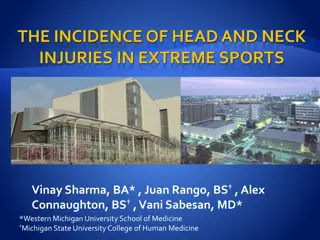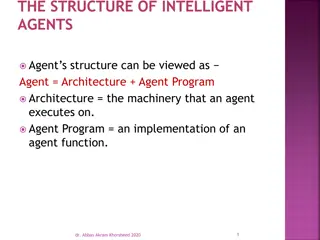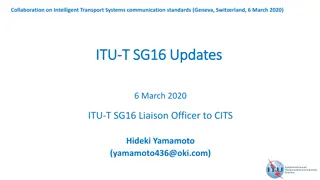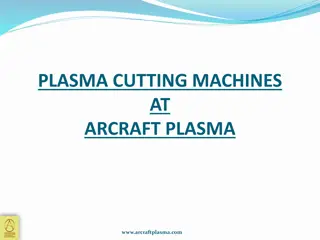Cutting-Edge Research on Extreme Environments and Intelligent Systems at LIRA Sandpit
Explore the innovative work at LIRA Sandpit focusing on developing intelligent systems for extreme environments like the nuclear industry and space. Collaborate with experts, propose ideas, and stay updated on funding calls and research opportunities in the field. Reach out to potential collaborators, speakers, and experts to advance research in autonomous systems and robotics. Join the community committed to pushing the boundaries of technology and its applications, led by David Cheneler at the Lancaster Intelligent, Robotic, and Autonomous Systems Centre.
Download Presentation

Please find below an Image/Link to download the presentation.
The content on the website is provided AS IS for your information and personal use only. It may not be sold, licensed, or shared on other websites without obtaining consent from the author.If you encounter any issues during the download, it is possible that the publisher has removed the file from their server.
You are allowed to download the files provided on this website for personal or commercial use, subject to the condition that they are used lawfully. All files are the property of their respective owners.
The content on the website is provided AS IS for your information and personal use only. It may not be sold, licensed, or shared on other websites without obtaining consent from the author.
E N D
Presentation Transcript
Extreme Environments LIRA Sandpit 16thNovember 2022 David Cheneler, theme lead School of Engineering
Agenda Welcome and scene setting Introductions Identification of areas of collaboration Proposal ideas development ??? Profit
LIRA Lancaster Intelligent, Robotic and Autonomous Systems Centre https://www.lancaster.ac.uk/lira/ a focal point for cutting-edge research into intelligent, autonomous and robotic systems bringing together world-leading expertise across Lancaster University aiming to advance this technology and its applications to the economy, society and the environment.
Extreme Environments Community developing intelligent systems (instrumentation, AI, robotics, etc.) that operate in extreme environments: Nuclear industry Space Extreme cold Volcanoes Chemical process plants, etc.
Calls NERC: Pushing the frontiers of environmental science research (< 1M, 17th Jan 2023) Innovate UK (UK Space Agency and STFC): Enabling Technologies Programme ( 100k- 250k, April start) Innovate UK (UK Space Agency): NavISP - Navigation Innovation Support Programme UKRI to launch AI CDT Civil nuclear research with Japan: phase 10 ( 250k- 500, June 2023) NERC urgency funding (open, 100k)
Tell us If you want to give a talk about your work Or wish to host a speaker or event Or need a collaborator or expert in particular area and need introductions/suggestions Or have a journal/event/funding call you wish to promote lira-admin@lancaster.ac.uk d.cheneler@Lancaster.ac.uk
Chris Arridge c.arridge@lancaster.ac.uk Reader in Planetary Physics particular interest in how to optimise usage of the limited data volume that can be returned from deep space missions. New Horizons mission that performed a flyby of Pluto could return data at around 1 kbit/s (but only for about 8 hours per day when the spacecraft was above the horizon on Earth at a given Deep Space Antenna) and a typical (uncompressed) image might be somewhere in the region of 10000 kbit (or about 3 hours to downlink from the spacecraft to Earth).
Amber Leeson a.leeson@lancaster.ac.uk Reader in Glaciology, Data Science Institute Interested in field based observations of ice sheet properties
Manus Hayne m.hayne@lancaster.ac.uk Professor of Physics Interested in physics and applications of compound semiconductors materials and devices. Actively seeking extreme environment applications, such as space and cyrogenic, for ULTRARAM memory technology
